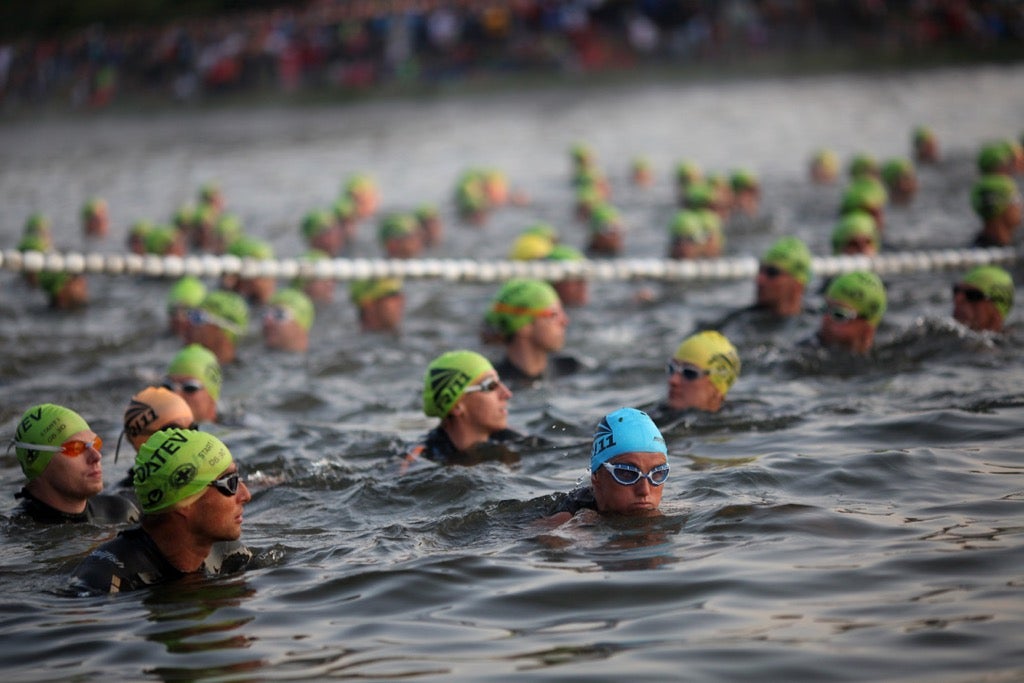I'm Training for Ironman! What and How Much Should I Eat?

Photo by Stephen Pond/Getty Images
A: The answer to your question depends on how well you have been meeting your needs for calories, carbs, protein, and fat thus far in your training. If you have been eating a sufficient amount of protein—meaning you are taking in 1.4–1.6 grams of protein per kilogram of body weight per day (roughly 100–115 grams for a 160-pound athlete, or 75–85 grams for a 120-pound athlete)—then you may not need much more protein. You’ll want to dial in your protein intake, as it supports muscle recovery and immune function.
Your body also needs a lot of carbohydrates to support training and recovery. Your carb needs can easily increase from 5 grams per kilogram per day to 8-plus grams when training jumps from an hour to two or more hours a day (a jump from 350 to 580 grams of carbs per day for a 160-pound athlete, and from 275 to 430 grams of carbs per day for a 120-pound athlete).
RELATED: The #1 Workout To Get You Ready For Ironman
Your fat intake should increase to keep up with your jump in calorie needs, to provide anti-inflammatory benefits to counteract the effects of high training volume. Keep your total fat intake between 20 and 30 percent of your total calories (a need of 80–100 grams of fat per day for the 160-pound athlete, and 65–80 grams for the 120-pound athlete).
If you want exact calculations based on your individual metabolic rate, training volume and weight goals, seek the advice of a board-certified sports dietitian (C.S.S.D.) who can review your training and food log and make specific recommendations for you.
Athletes should reassess their calorie, carb, protein and fat needs at the start of each season, and with every change in training block, to ensure all of their hard work pays off with maximized energy, optimized body weight and peak performance.
Follow these daily dietary requirement ranges to support your triathlon training.
| Weight | Protein | Carbs | Fat |
| 120 lbs. | 75-85g | 275-430g | 65-80g |
| 160 lbs. | 100-115g | 350-580g | 80-100g |
Lauren Antonucci, R.D., is a board-certified specialist in sports dietetics, three-time Ironman finisher and the founding director of Nutrition Energy in New York City.